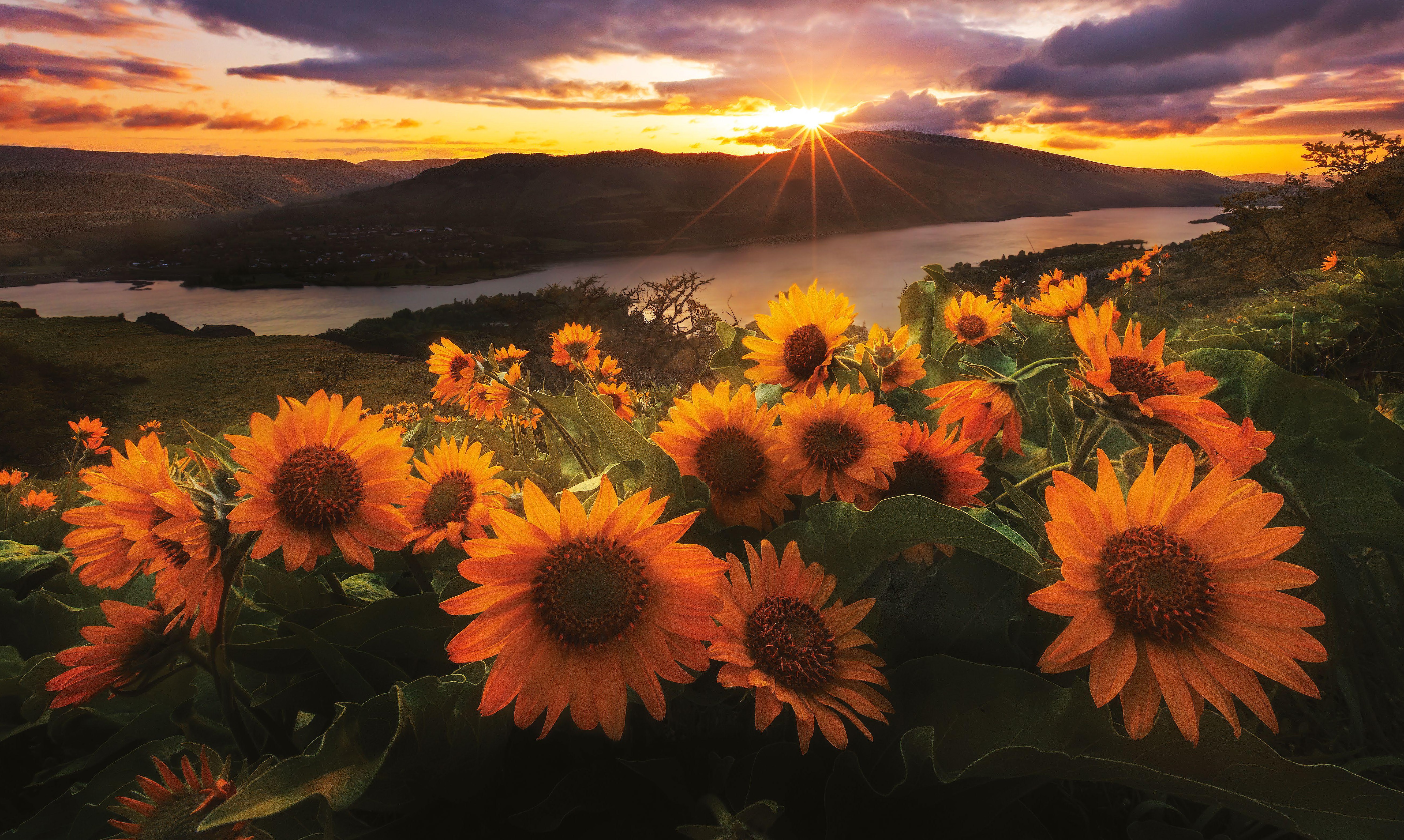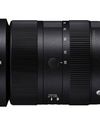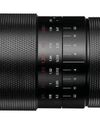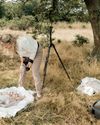
Compositing is actually not a new concept – it has been a part of the photo editing process since the days of film photography. In decades past, it was still possible to seamlessly blend image components together in the dark room, only this was done by physical means, rather than electronic. With the onset of digital imaging and photo-editing software such as Adobe Photoshop, the possibilities for believable image blends are more accessible than ever before.
The potential uses are wide-reaching and in the modern marketplace, there is an almost insatiable appetite for photorealistic compositing work. From environmental portraiture to product photography, landscapes, advertising and property, it is a skill that finds uses in almost every line of contemporary genres.
Compositing is a broad term, covering everything from simple sky replacement – a step taken by landscape photographers for as long as photography has been around – to high-end selections and rendering. In some cases, the use of computer-generated elements blurs the boundaries between photography and digital art. While this can be off-putting to many professional photographers, far from being a purely artistic endeavour, it is a highly pervasive style trend.
Getting to grips with compositing will not only open up practical benefits but can also lend a particular look to images, which can help set your work apart from the competition and generate demand for your commercial imaging. So, let’s explore the essential skills you’ll need to become a compositing expert.
Why create composites?
This story is from the {{IssueName}} edition of {{MagazineName}}.
Start your 7-day Magzter GOLD free trial to access thousands of curated premium stories, and 9,000+ magazines and newspapers.
Already a subscriber ? Sign In
This story is from the {{IssueName}} edition of {{MagazineName}}.
Start your 7-day Magzter GOLD free trial to access thousands of curated premium stories, and 9,000+ magazines and newspapers.
Already a subscriber? Sign In

Sigma 28-105mm f/2.8 Art
This is anot-so-standard zoom lens, as Matthew Richards discovers on a test drive

AstrHori 120mm f/2.8 Macro 2x
Matthew Richards finds out if double the magnification means couble the value

DxO PhotoLab 8 Elite
DXO's flagship editor gets an upgrade but, asks Rod Lawton, are the results worth it?

Panasonic Lumix GH7
Gareth Bevan thinks a new sensor and AF make this the hybrid camera to beat

STORM CHASE
Paige Vincent on the adrenaline rush, the risks and her passion for shooting in the face of storms

PROTECT YOUR IMAGES FROM AI
Pandora's box is open and, for better or worse, Alis here to stay. Here’s how you can protect your images from being used to train Al models without your permission

CREATE AI COMPOSITES
Serge Ramelli explains how to make AI work for you, by creating otherwise impossible portrait backgrounds

Paul Wilkinson's top 25... PORTRAIT TIPS & TRICKS
Even with so much information out there, taking perfect portraits can be hard work. Pro photographer Paul Wilkinson guides us through this huge genre with his pearls of wisdom

MASTER MINIMALISM
Less is more in the world of minimalism. Rebecca Greig explores what makes minimalist captures work

LITTLE WONDERS
Kim Bunermann meets Louise B to discuss the joys and challenges of working with newborns and freshly baked parents